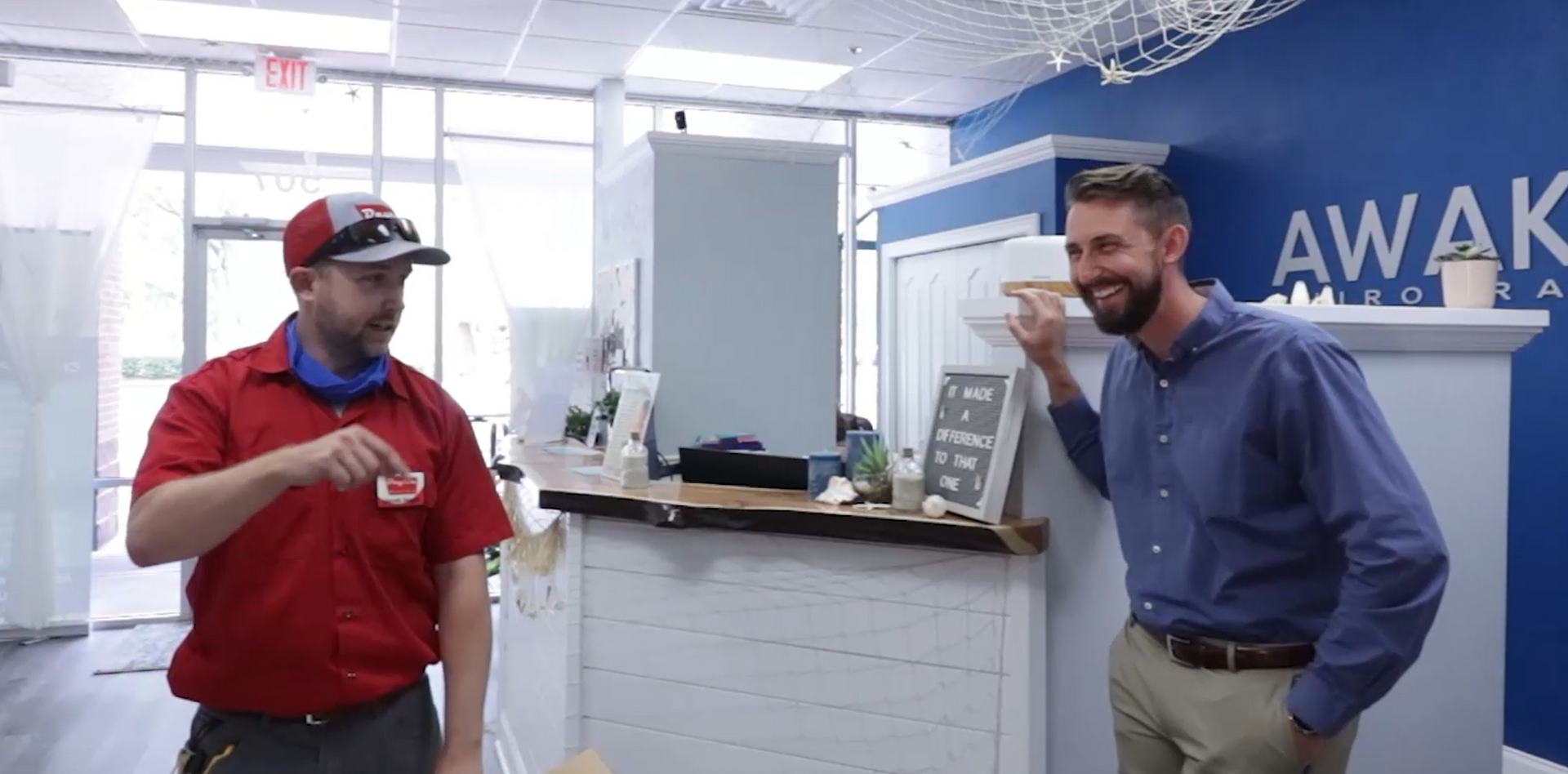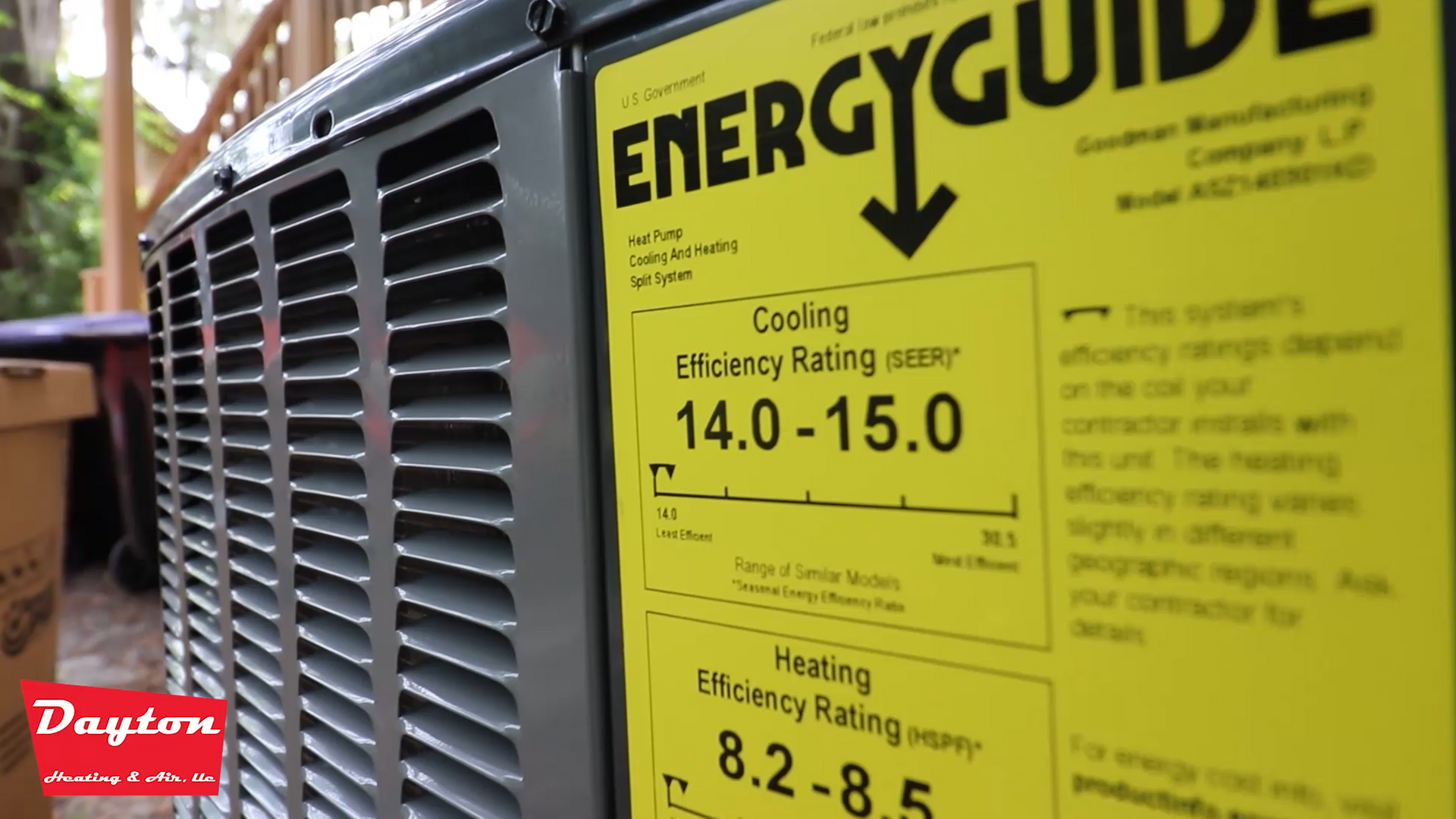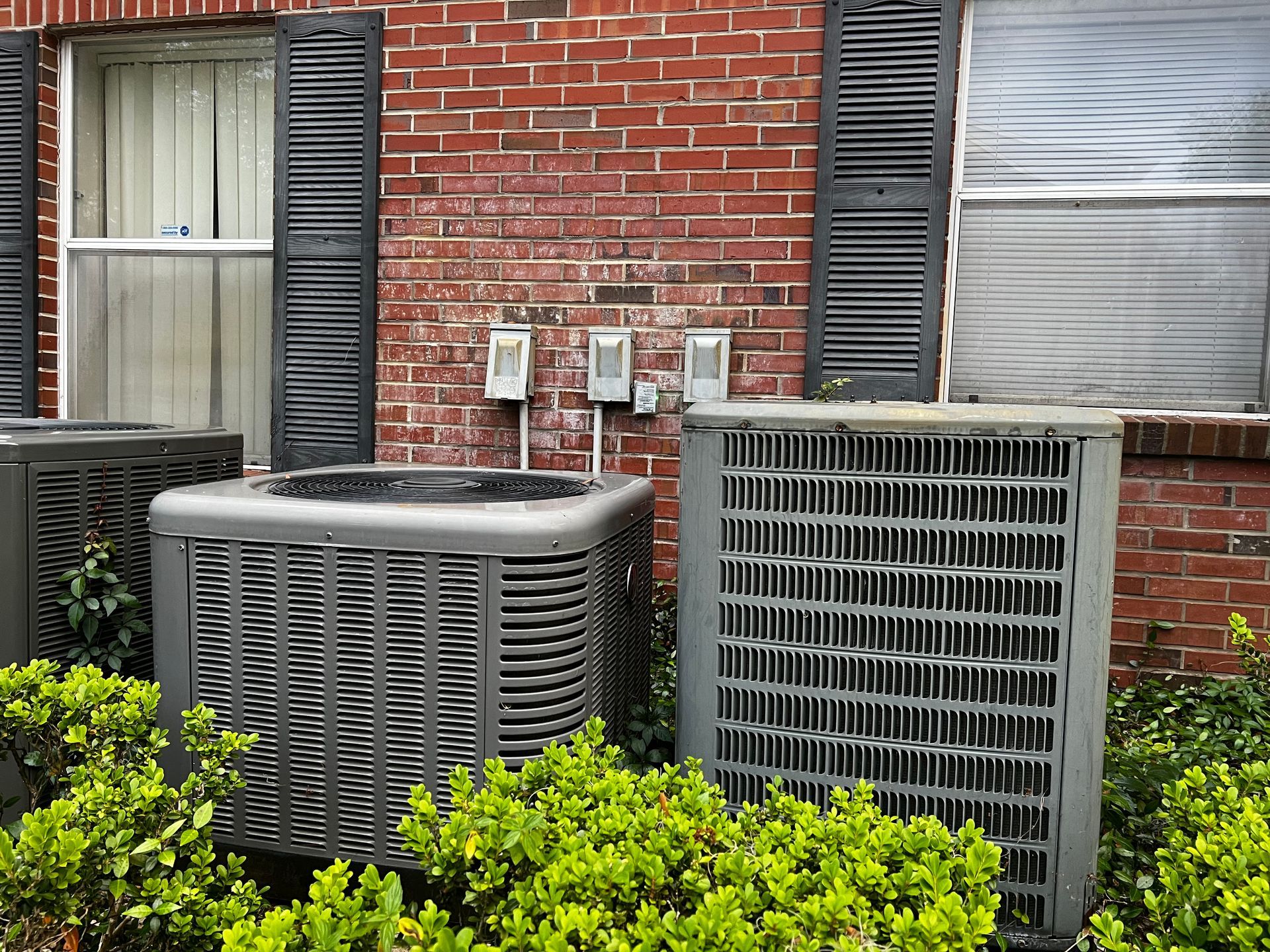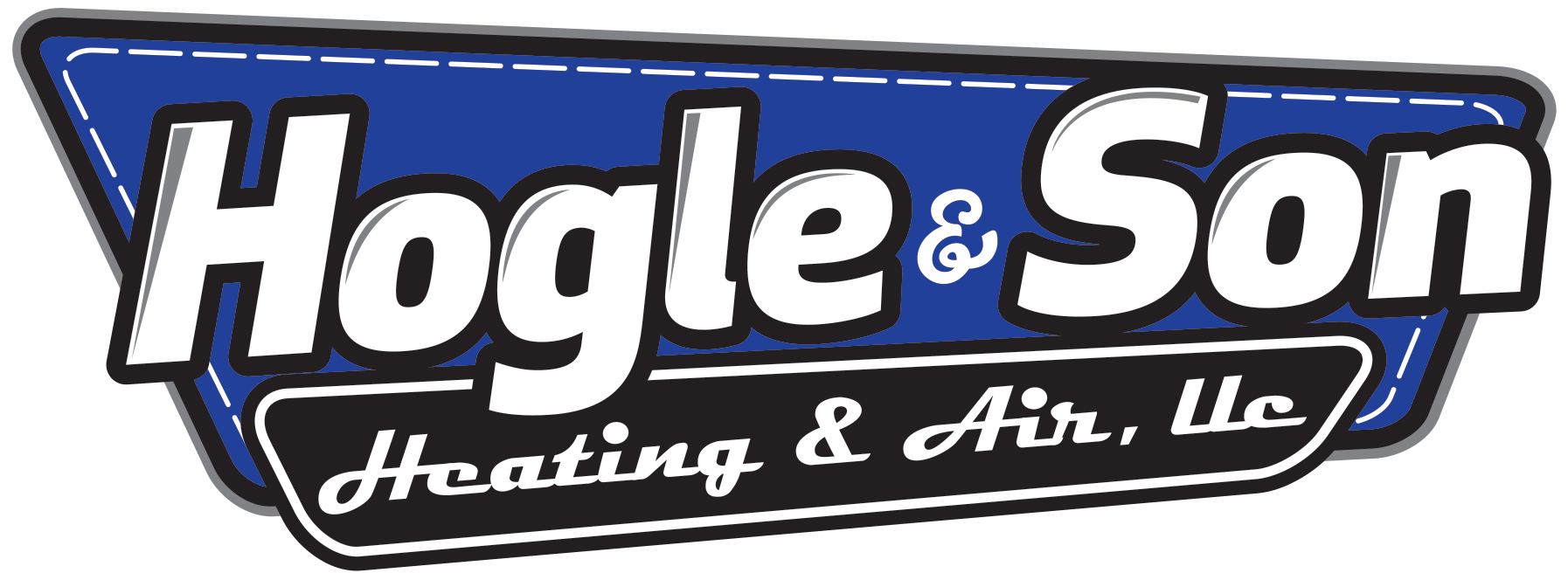A Guide to Heat Pumps in Gainesville, FL
Why Purchase a Heat Pump in the First Place?
The short answer? It's a better solution to deal with all climates on every front. Heat pumps are able to adequately cool or heat any home while also having reduced carbon emissions, being cheaper and more power-efficient than most air conditioners and especially gas furnaces; that's why they've been seen more and more around the country nowadays.
Heat pumps work by taking the heat or cold from the surrounding air and then amplifying and redirecting it toward where it's needed. What makes them more efficient than regular heating or cooling devices is that they merely transfer the heat or cold in the air instead of generating it themselves. These factors significantly reduce both the cost and the energy heat pumps need to work, giving them a longer lifespan and making them the best solution all-around as a result.
The most important question is if you should get a heat pump system for your home among all the HVAC options. We know heat pumps are suitable for providing cool air in the summer and warm air in the winter, but is a heat pump the right choice for your home? And which one? Some are better than others for specific reasons like climate or house structure, size, and age. In most cases, cooling technicians will help you choose the best one for your home, but this guide can better prepare you for that moment. We'll give you a rundown on what to be mindful of when getting a heat pump for yourself just ahead!
What Type of Heat Pump Should You Get?
When purchasing your heat pump, you should consider a few variables, like its compressor type, size, the amount of noise it produces vs. its efficiency, or its performance working with the temperatures in your specific area. Still, more importantly, you can choose based on the three main types of heat pump general classifications: Air-sourced, Geothermal, and split-ductless, or "Mini-splits."
- Ducted air-sourced heat pumps are the most common, and they consist of a pair of units that extract the heat and cold from both indoors and outdoors; then, through the ducts, they take all that heat and cold and transfer it inside or outside your home depending on what you need. They're known to substantially lower electricity bills than devices like furnaces and take up minimal space. Air-sourced heat pumps, however, are not perfect for every situation. Since they work by using outside air for heat exchange, it's best to use them in cities with varying degrees of temperature, just like Gainesville. However, they are rare in cities known to experience extended periods of freezing temperatures, for example.
- Geothermal heat pumps are split in two: ground-sourced and water-sourced. They don't use air; instead, they work by transferring the heat and cold into and from the ground or a nearby water source straight to your home. Due to this difference, they need to be sturdier and more reliable than regular heat pumps dealing with cool and hot air only. Compared to air-sourced heat pumps, geothermal have some advantages and disadvantages, like the fact that they cost more to install, given you need a network of pipes buried outside. Yet, they also have even lower operating costs since they take advantage of ground or water temperatures, which don't vary nearly as much as air temperature. These heat pumps also manage humidity and perform even better in harsh environments than air-sourced ones; however, whether these are appropriate depends more on your landscape than the air.
- Split-ductless, also called "Mini-split" heat pumps, perfect for homes without ducts. Like regular ducted heat pumps, they come in a system of two units, one inside and one outside, and redirect the air temperature between them. However, these have a different structure because they use a conduit that passes through a small hole in the wall that links both units together. These are the most flexible, and their smaller size allows them to be installed in different rooms of the same house. They may not be as effective as ducted heat pumps, but they're an undeniably great option and maybe the only one for some.
As you can see, there's a lot more to heat pumps than you might initially think. Sure, reputable cooling technicians and experts will help you choose the best option for your location and conditions. Still, now you know first-hand what to be looking for and analyzing the most: The weather, the landscape around you, bodies of water nearby like sewage, and most importantly, the structure of your own house and whether it has ducts or not. With this information, you can analyze every option's pros and cons before you purchase.
Don't sweat it! Most factors to consider when getting your heat pump are the ones mentioned above, and depending on the area where you live, there'll most likely be a definitive best choice for your home. However, that's only part of there is to heat pumps since each type has specific maintenance needs that must be taken care of to ensure they work correctly. Remember to check on your heat pump often, ask us for any information, and do light maintenance work when required.
Is Purchasing a Heat Pump in Gainesville a Good Option?
Well, it's no secret that Florida is one of the hottest states in the country. However, Gainesville is very susceptible to constant climate change. That is why we confidently consider heat pumps an excellent option for Gainesville homeowners, with their relatively low prices, their versatile solutions, and how increasingly popular they've become over these last few years.
You Might Also Like




